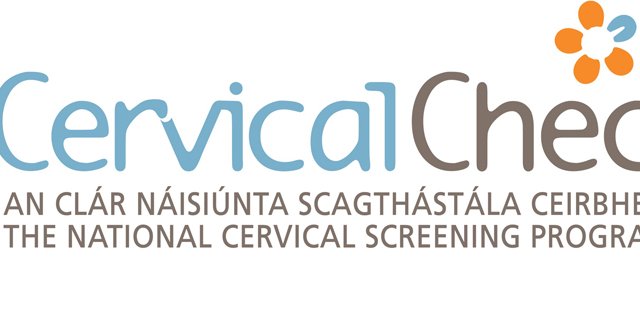
Dr Gabriel Scally has done a great and kind service to the women caught up in the CervicalCheck crisis. He personally listened to their stories and he has highlighted the excruciating experience of many women when they were finally given full information by their doctors.
The patient advocates spoke too: Vicky, Stephen, Emma, Lorraine. Despite the painful stories we were hearing, I was struck that they also focussed on the issue of quality in cervical screening.
As the harrowing details of meetings between patients and doctors emerged, I wondered if I could be that doctor. Could I use those hurtful words?
Such meetings are extremely difficult for the patient and family, but also for the doctor. The women are distressed, confused and, of course, angry.
What about the doctors? There’s no formal response from doctors, neither those that did it unkindly, nor those who acted with grace and compassion.
This is how it seems to me.
I’ve had meetings with families, perhaps after the death of a loved one, and it is emotionally exhausting. If I do a good job, if it goes well, both sides benefit.
If I make a mistake, if I say something wrong, I can poison the relationship forever. The family may lose trust in me, the hospital, and healthcare generally. Afterwards, I wonder how I could have said such words; I can’t forgive myself.
The CervicalCheck meetings were rushed because the story was out in the media. Some 220 patients and families had to be told that perhaps cancer could have been diagnosed sooner, based on an audit of their tests. There was no preparation for sudden disclosure of distressing information. No guidance or training for the doctors. No counsellors to support the women.
From media reports, it seems some doctors had to do more than one meeting; I can’t imagine doing that. It’s all an unlikely basis for grace and compassion.
Maybe the doctors were angry too.
After all, the doctors were not responsible for delays in diagnosis. And the botched ‘audit’ was done by CervicalCheck, not the doctors.
I don’t know why it was called an ‘audit’ because it’s not. There were no stated standards, no summary statistics, no cycle of change and re-audit.
In 2014, CervicalCheck (not doctors) decided to do a look-back at cytology slides of some (not all) women who were diagnosed with cancer over the years. When the slides were reviewed, there was a new interpretation in over 200 cases.
Doctors were not told. The labs knew: From the report there were heated debates in some cases. We have not been told which labs reported the original slides or how often the diagnosis changed dramatically.
CervicalCheck held this information for a year, then decided to send it to doctors. Which doctor? They picked the last doctor recorded on their system, whether relevant to the patient or not.
Appendix 3 reproduces the letter sent in Vicky Phelan’s case. It’s very peculiar. It’s not from the Clinical Director, it’s from an administrator. It does not say there is cause for concern.
The letter says to file the information in the patient’s record. Okay.
It says if the review is different to the original result, consult with the original pathologist to assess the relevance. That’s weird. CervicalCheck did the review and had already communicated with the labs.
The letter then says: “If open disclosure is indicated in this case, please follow the local hospital guidelines.” According to the report, the doctor was also sent a three-page document about the pros and cons of disclosure, which more or less advised non-disclosure.
I should mention it’s increasingly common to receive confused communication like this from health bureaucracies. You can spend your time fighting to try and make sense of it all, or you can file it away and go see the next patient.
My view: CervicalCheck did the ‘audit’ and had all the information. They should have alerted the patients. The doctors could then appropriately have carried out the disclosure meetings. A lot of chaos and distress could have been avoided.
But failure to disclose audit findings is not the same as failure to diagnose cancer.
The report raises many issues. The companies were chosen largely on price not quality. The labs all have different processes; they appear to have different results.
So why not tell us which labs reported the 220 problem slides? The report confirms that cervical smears were outsourced (legally) to labs across the US. Apparently Irish lab staff knew the companies were doing that.
Ten years ago, when Irish tests were first sent to America, I knew one of the US companies had a lab in Mexico. And I heard an Irish manager with that company was travelling to Mexico once a fortnight.
Irish cervical smears have been sent to Orlando, Las Vegas and Honolulu. Why not Mexico!





Leave a Reply
You must be logged in to post a comment.